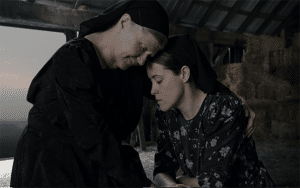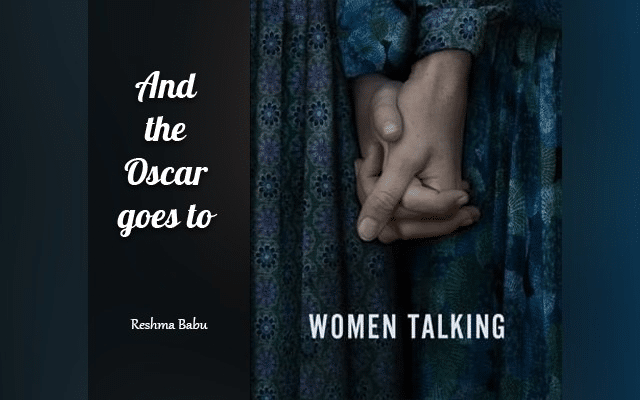Eight Mennonite women who have repeatedly been drugged with cow tranquillizer before being raped by men in their religious commune engage in a meaningful discussion in Sarah Polley’s film Women Talking. The film is based on the award-winning 2018 novel by Miriam Toews, which was itself inspired by real-life incidents that took place in a Bolivian Mennonite society. The women debate whether they should fight the male perpetrators inside their colony or flee to an uncertain future in the outside world.
More than 100 girls and women in the colony were raped at night in their homes between 2005 and 2009 by a group of males who had given them an animal anaesthetic to put them to sleep. The oldest victim was 65 years old, and the youngest victim was three. The story itself is disturbing.
We are introduced to Autje (Kate Hallett), who speaks with observations of women in her patriarchal religious community. The voice of Autje points the way to a forum for discussion of the widespread physical and sexual abuse perpetrated by men in the colony. A group of elected women meet in a hayloft to make an important decision while the men are away getting bail for one abuser. Due to the pressure of this short time, they have only two days to determine whether to take no action, stay and fight, or flee.
They continue to discuss their options, torn between staying in the colony where they have suffered such abuse or venturing into the outside world, which is completely foreign to them. The relationship between forgiveness and faith is questioned as they weigh their choices.
The movie rightly shows that everyone has the right to protection, to be appreciated for who they are, and to be heard when they speak. It is indeed a thought-provoking film. Both the performances and the cinematography are brilliant. The film won the Academy Award for Best Adapted Screenplay in 2023.





